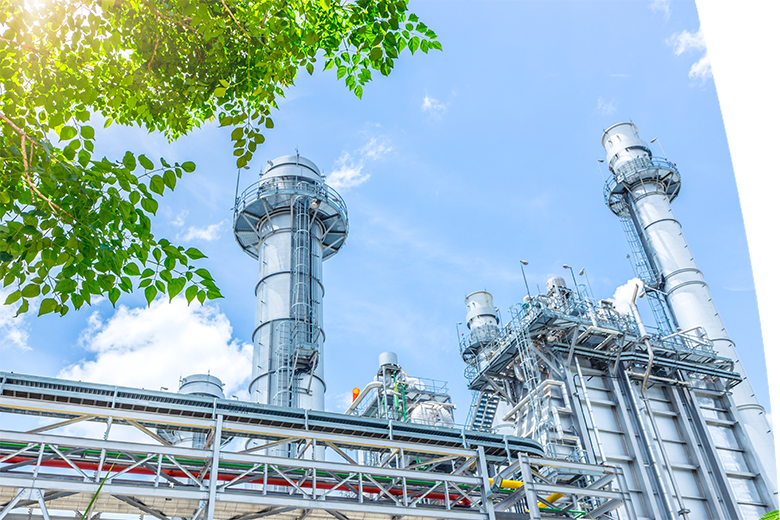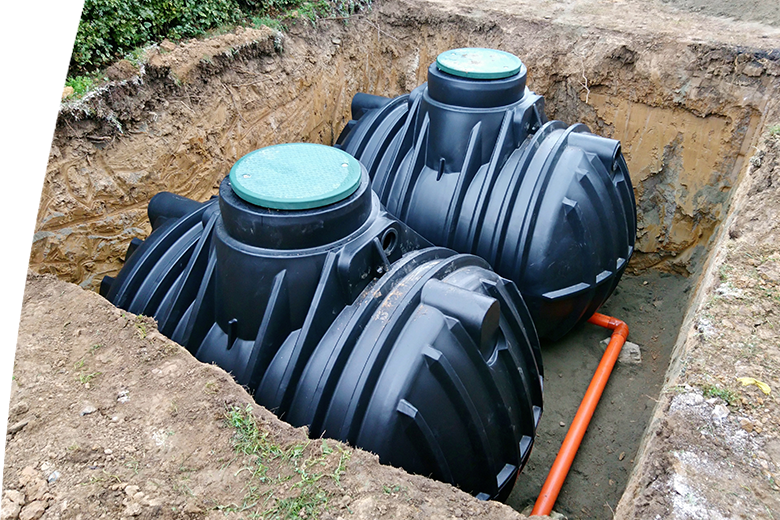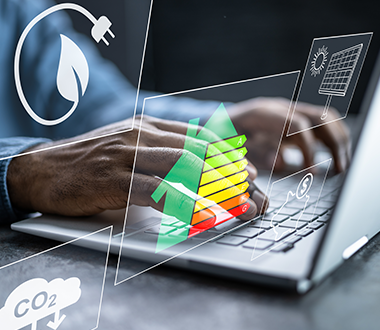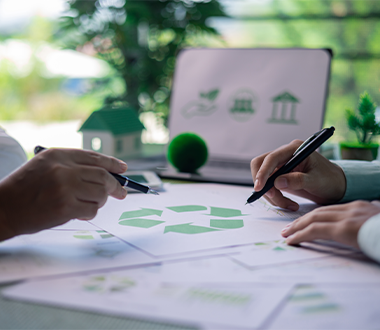How to reduce water consumption and waste in industrial plants
Industry is one of the largest water consumers and waste producers. According to Eurostat, in some EU countries up to 45% of total water consumption is accounted for by industry and energetics. In Slovakia, the situation is somewhat more favorable, according to the Statistical Office of the Slovak Republic approximately 20% of total water consumption is used in the industrial sector.
At the same time, according to the Ministry of Environment of the Slovak Republic, annually more than 2 million tons of hazardous waste are generated, of which a significant part is liquid industrial waste, which requires demanding handling and disposal.
Good news? Modern technologies, efficient management and a responsible approach can significantly reduce this burden and reduce operating costs at the same time.

1. Optimize technological processes
Many industrial technologies use water inefficiently, often unnecessarily or in excessive amounts. Therefore, the first step is therefore a detailed analysis of water consumption during individual stages of production. By modernizing the technology (e.g., closed cooling circuits or waterless cleaning) tens of percent of water per year can be saved.
A hint from us: The installation of a process water circulation system can reduce consumption by up to 50%.
2. Make use of rain and recycled water
Alternative water sources are increasingly available also for industry. Rainwater collection for technical purposes or treatment and recycling of used water directly in production (for instance through filtration or a biological purifier) can significantly reduce the need to pump drinking or service water for use.
A hint from us: Investment in water management often pays back in just a few years.

3. Regular maintenance and monitoring
Leaking valves, damaged pipes or outdated distribution systems can cause imperceptible, but considerable water losses. Regular inspection, measurement and automated monitoring contribute to prevention of accidents and consumption reduction.
A hint from us: Digital solutions (e.g. sensors or smart water meters) allow the identification of problem areas in real time.
4. Minimize generation of waste right at the source
Effective waste management begins by preventing the generation of waste. By the optimization of production processes and consistent sorting, the volume of waste can be reduced even before it is created. This is especially true for liquid waste which is demanding to dispose of and often legislatively sensitive, too.
A hint from us: Installation of closed systems or recycling technological liquids reduces the volume of waste and saves costs for its disposal.
5. Educate employees
Technologies and innovations are important, but so is the human factor. Training and motivating employees to handle water and materials carefully lead to permanent changes in behavior. Small changes in daily habits can have big impact.

6. Cooperate with experts
Each industrial plant has its own specifics. Cooperation with expert companies regarding environmental consulting or waste processing can bring "tailor-made" solutions that are efficient, legal and long-term sustainable.
If you would like to learn how ecological measures can bring not only environmental but also economic benefits for your company, read our article: Why is it worth investing in ecological measures?
Are you interested in more hints, innovations and inspiration from the world of sustainable production and hygiene in industrial operations? Subscribe to our newsletter and receive regular doses of professional content delivered straight to your inbox.



